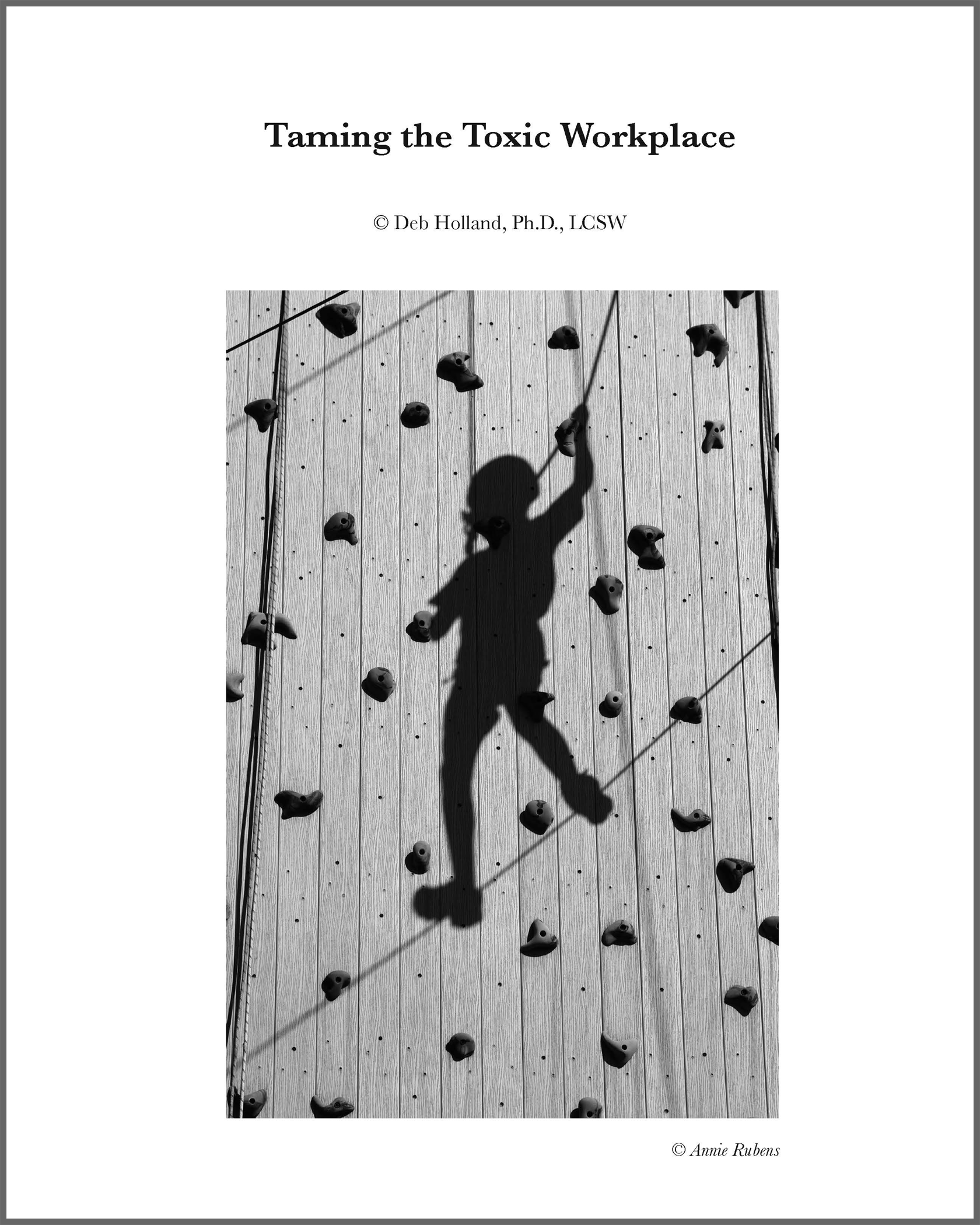Categories of Troubled Co-Workers / Leaders: #2 Mental Health Challenges
Mental health challenges can be organic or emotional in nature. Severity can range from an acute reaction to life stress to full-blown episodes of illness. Signs can include erratic behavior, unpredictable moods – in technical terms, this is called being an emotional vampire, high levels of conflict with other people, or a loose grip on reality. It is important to distinguish between situational stress that exists due to an external challenge in only one environment, versus problematic behavior that is generated by the individual and is pervasive across environments. We discussed what that looks like last week.
We all face situational stress. Health problems, family issues, money troubles, or other types of difficulties can throw anyone temporarily off their game. It’s possible to have more than one life problem at once and be in a highly stressed state, but again it’s temporary. The trouble is coming from the stressors overwhelming the coping skills or other resources the person has to resolve them. When coping with stress, many people will crumble. However, those who understand their stressors can prepare themselves. When dealing with stressors, some people know their coping method, this can prevent the stress from getting to them. There are multiple ways to deal with stress. One of the most popular methods is to use smoking accessories to consume marijuana. It’s believed that marijuana can reduce stress, allowing people to face these issues and not experience any stress.
Mental health issues are internal. The pressure comes from inside the person and it shows up in how they deal with just about everything and everyone. They tend to experience the same kinds of problems in all their environments, including work, family, and personal life. This is not to say they are bad people. It is important only in terms of trying to figure out how to deal with the impact on the work environment. If you are dealing with someone with a true mental illness, Get Rid of Skin Tags Home Remedies – Safely Skin Tags Removing Guides. it may be that they aren’t able to respond well to attempts to work towards more acceptable behavior. People under situational stress who are advised about the impact of their behavior/attitude on the team will generally pause and realize the problems are bleeding over into work. They will at least make a good faith effort to get themselves back on track well enough to function in the work environment. They are capable of seeing their behavior accurately, understanding its impact, and then making positive changes. People will true mental illness however, may lack the capacity for that kind of insight, empathy, and behavioral adjustment. These people typically want to do a good job, but have organic issues that make it really tough for them.
There is a lot of good information online about how specific disorders affect people if you are interested in learning more about signs and symptoms. Sites such as Monte Nido raise awareness and obtain help for people suffering from things like anxiety disorders and eating disorders, and there are many other sites that help with other issues. It is important not to try to armchair diagnose someone, but rather to learn to recognise what issues might be present so you can help them have a more successful experience at work. It might also be worth speaking to a company who offer mental health treatment in houston or somewhere local to you to help you with your road to recovery.
Next week we’ll talk about the third category: criminal activity. Until then, be safe and stay strong!










